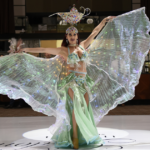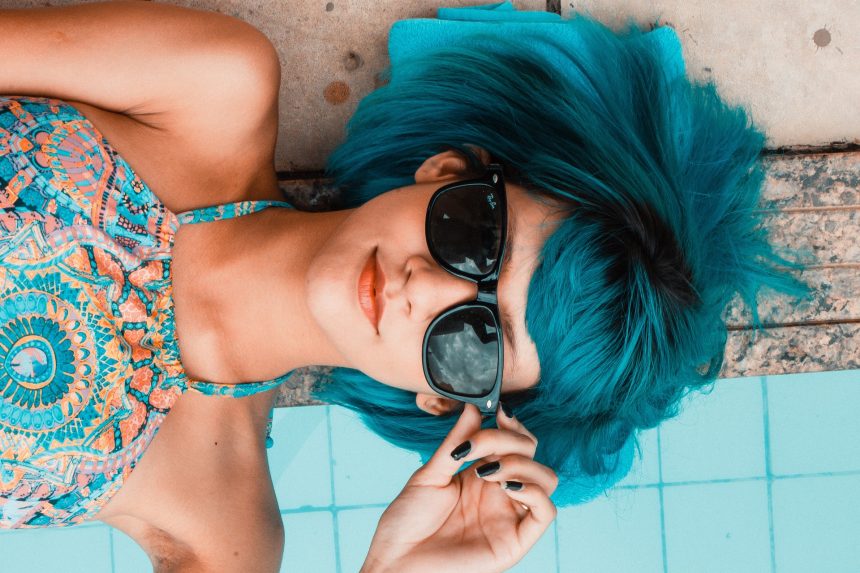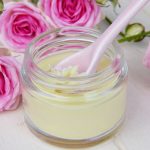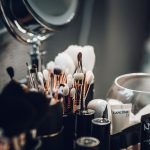For centuries, beauty standards have been defined by societal norms and cultural values, often emphasizing certain physical features and body types as desirable. However, in recent years, women have been challenging these traditional beauty standards and pushing for a more inclusive and diverse definition of beauty.
One notable example is the body positivity movement, which has gained significant momentum in recent years. This movement seeks to challenge the narrow beauty ideals that prioritize thinness and promotes self-love and body acceptance for all body types. Plus-size models such as Ashley Graham, who has graced the covers of numerous magazines and walked the runway for major fashion brands, have helped to redefine beauty standards by embracing their curves and celebrating their bodies.
Another way that women are changing the beauty game is through the representation of different skin tones in the beauty industry. For many years, the beauty industry has been criticized for its lack of inclusivity in its product offerings, especially in terms of shades for women of color. However, in recent years, brands like Fenty Beauty, founded by musician and entrepreneur Rihanna, have been praised for their commitment to inclusivity and diversity. Fenty Beauty’s foundation line boasts 50 different shades, ensuring that women of all skin tones can find a perfect match.
Women are also challenging beauty standards by embracing their natural features, such as their hair texture. For decades, straight, sleek hair was seen as the ideal, with many women using chemical relaxers or straighteners to conform to this standard. However, in recent years, there has been a movement towards embracing natural hair textures, with women proudly rocking their curls, coils, and kinks. Actress Yara Shahidi is one such woman who has been vocal about her love for her natural curls, inspiring others to do the same.
Finally, women are challenging beauty standards by rejecting the notion that makeup is a requirement for beauty. While makeup can be a fun and creative way to enhance one’s features, it should never be seen as necessary for one to feel beautiful. Celebrities like Alicia Keys have been vocal about their decision to go makeup-free, encouraging other women to embrace their natural beauty.
In conclusion, women are redefining beauty standards by promoting inclusivity, diversity, and self-love. The body positivity movement, inclusivity in the beauty industry, embracing natural features, and rejecting the idea that makeup is necessary for beauty are just a few examples of how women are changing the game. By challenging these traditional beauty standards, women are creating a more inclusive and accepting world, where all women are celebrated for their unique beauty.








